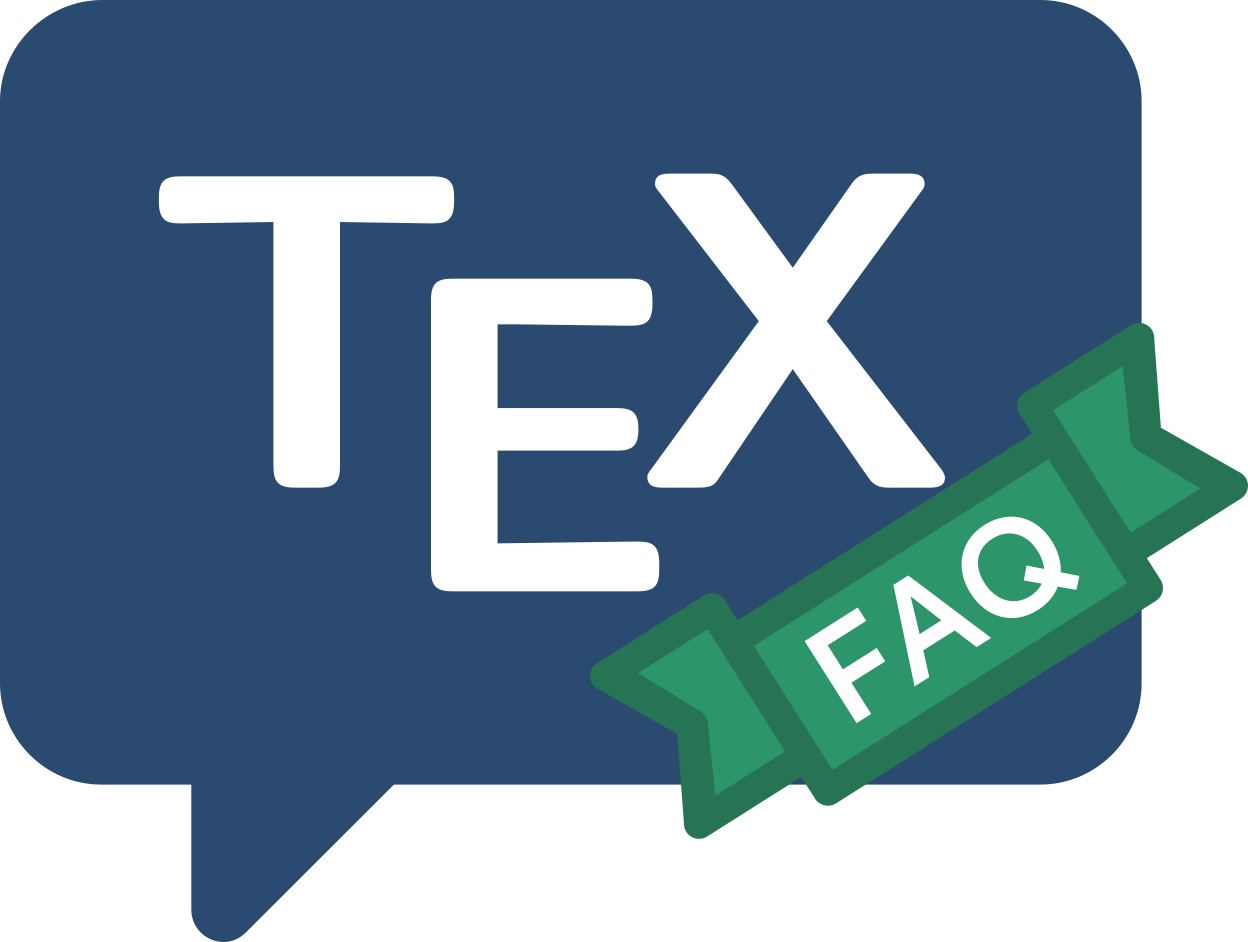
Frequently Asked Question List for TeX
Formatting
Alternative head- and footlines in LaTeX
The standard LaTeX document classes define a small set of “page styles” which specify head- and footlines for your document (though they can be used for other purposes, too). The standard set is very limited, but LaTeX is capable of much more. The internal LaTeX coding needed to change page styles is not particularly challenging, but there’s no need — there are packages that provide useful abstractions that match the way we typically think about these things.
The fancyhdr package provides
simple mechanisms for defining pretty much every head- or footline
variation you could want; the directory also contains some
documentation and one or two smaller packages. Fancyhdr
also deals with the tedious behaviour of the standard styles with
initial pages, by enabling you to define
different page styles for initial and for body pages.
While fancyhdr will work with KOMA-script classes,
an alternative package, scrpage2, eases integration with the
classes. Scrpage2 may also be used as a fancyhdr
replacement, providing similar facilities. The KOMA-script
classes themselves permit some modest redefinition of head- and
footlines, without the use of the extra package.
Memoir also contains the functionality of fancyhdr,
and has several predefined styles.
Documentation of fancyhdr is distributed with the package,
in a separate file; documentation of scrpage2 is integrated
with the scrgui* documentation files that are distributed with
the KOMA-script classes.
FAQ ID: Q-fancyhdr
Tags: structure